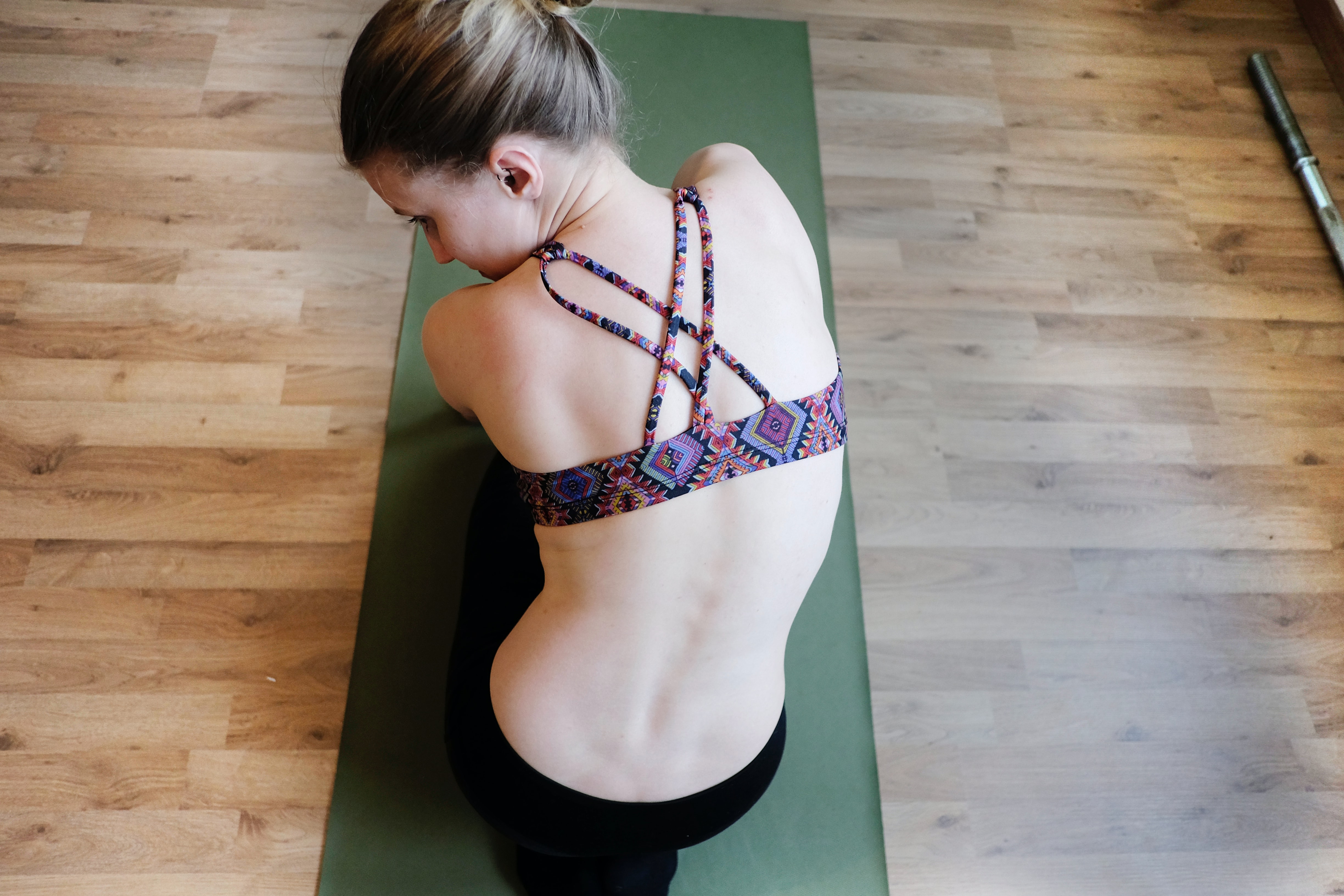
Sue Williams QPM, Hostage Responder and Associate Fellow Saïd Business School, University of Oxford shares lockdown tips based on her specialist experience as a hostage responder.
How is Lockdown Similar to a Hostage Situation?
All across the world, we are enduring extreme social distancing and isolation as our governments and health services fight COVID 19. I have been working for many years with people who have been kidnapped, and people who have been held hostage, who have had to learn to adapt to survive.
There are similarities with where we find ourselves now, vast numbers of us, forced to stay at home. So, what are the lessons to be learnt from ‘conduct after capture’ techniques and the parallels that could help us survive this ordeal?

If you are unlucky enough to be kidnapped and held hostage, you can expect to feel a combination of the following:
- An almost paralysing fear of being harmed or death.
- Continuing panic, loneliness and disbelief.
- Depression occasioned by the knowledge that you have no control over this situation, and you do not know when it is going to end.
- Internal stress created by the uncertainty of regular food and drink.
- Desperate longing to be back with your family and friends.
- An obsessive reflection on the normal and routine aspects of your life, things have so often taken for granted.
The extraordinary times of this virus do have some stark similarities to a hostage situation. In all probability, you may be experiencing one or more of the above. Although our isolation is to a certain extent voluntary and is happening for our own good, and the good of our society, human beings are social creatures, especially in times of crisis. So it is natural to crave for the company of our friends and family. That urge to be together makes us who we are.
So, let me stress these are normal reactions to an abnormal temporary situation. Allow yourself to feel what you feel. You are not weak. You are you. Everyone experiences some of, if not all, these things. What you feel is an honest response at a difficult time. Don’t beat yourself up. In this case, your mission is to acknowledge where you are and then adapt and survive.

Lockdown Tips to Equip You
To give yourself the best chance of surviving, these lockdown tips are here to help. First, be kind to yourself. Each one of us responds differently. Your reaction will not be the same as your partner’s, or your friend’s on WhatsApp or a colleague on the phone. Be kind to them too, diffuse tension, don’t escalate it.
Recognise what you are feeling from the list above.
This recognition will help you come to grips with what is, without doubt, difficult for everyone. Realise that you are having a natural reaction to an unnatural situation.
The most important thing is to remember to be who you are. Never lose sight of this. Your normal life has routines and standards. Be that person.
Plan a Structure
Do not slip into a dishevelled, sloppy person who has used the situation to give up in some way; someone you don’t recognise. Plan a structure – a daily routine. This must include:
- Personal hygiene – start each day in your normal way
- Appearance – look in the mirror and see who you usually see
- Keep mentally active – don’t slump in front of daytime TV. Find a way to challenge yourself.
- Stay up to date with medication
- Make sure you have adequate food and drink at usual meal-times – if you are on your own, really try to make a special effort with this.
- Communicate with your friends and relatives. We are all so busy. Use this extra time to reach out to people with whom you may have lost touch.
- Exercise; a lot can be achieved in an hour. Plan out a routine for yourself, or if you’re online, and most of us are, join a live stream class, something most hostages don’t have access to.
- Maintain a sense of purpose and value. It is hard for us to plan for the future when we don’t know when things will get back to normal. But we do know they will, so this time may be useful to evaluate how you feel about what gives you purpose and value. Try and use those values to how you approach this difficult time.
- Knowledge is power, so keep well informed. Read outside your own comfort zone. Look at what is happening in other countries. Instead of waiting to have the news interpreted for you, compare and contrast stories from different news organisations yourself.

One of the key lockdown tips is to plan for the long haul. If you think this will be over in two weeks and it drifts on for two months, or longer, this will add to your own psychological strain. So, lower your expectations to avoid disappointment. Expect months and you will be happy when it is weeks.
Many former hostages I know adopted a combination of different coping mechanisms. Some wrote plays, music, or played chess with discarded objects. People are amazing. They can achieve great things in very restricted and most arduous of circumstances. So many people say, ‘I never have the time to…’ Well, now you do. Use that time to focus the mind and learn something different. Come out of this better, stronger. How could this apply to you? What could you do? Hold that thought. Write it down. Look at the words you’ve put on the paper. Look at them again tomorrow morning.
And one more thing – don’t forget – the longer your period in captivity, the more opportunities arise for a safe resolution and your return to freedom. Repeat that to yourself. The longer this goes on, the more likely it is that you will avoid the virus yourself and will survive. Outside, other people are working hard to fix this, to help you, to help us all return to a normal life. Trust this because it is true. This time will pass. This is all temporary. You have not been forgotten. Stay calm, stay safe. Adapt. Survive.
Sue Williams QPM, Hostage Responder and Associate Fellow Saïd Business School, University of Oxford